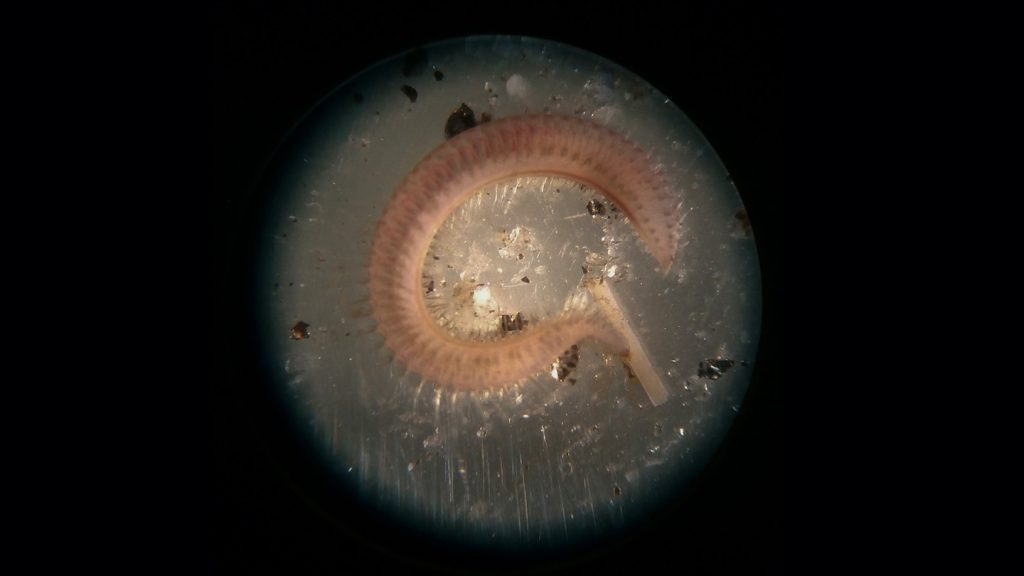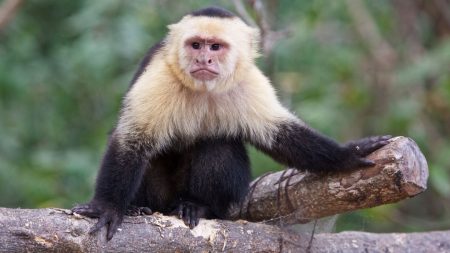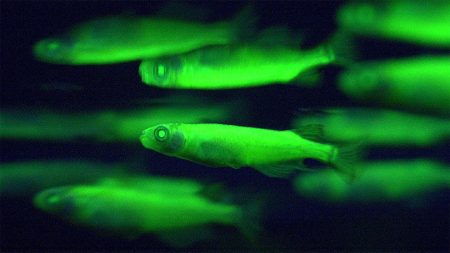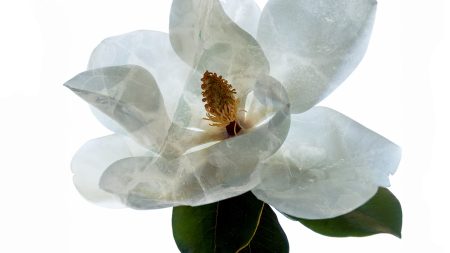Antarctic marine worms are able to survive in the frigid waters with the help of specialized bacteria that produce proteins to prevent freezing. These bacteria were found in three different species of Antarctic polychaetes and help the worms avoid freezing to death. The discovery highlights the importance of microbe-host interactions in the ocean, showcasing how microbes play a crucial role in the survival of various marine organisms. The study, published in Science Advances, sheds light on the limited understanding of host-microbe relationships in the ocean.
Researchers collected samples from coastal areas in Antarctica, specifically the Ross Sea, and identified common marine worm species living in these regions. In the lab, DNA analysis revealed the presence of specialized bacteria, including Meiothermus silvanus and Anoxybacillus, within the worms. These bacteria were not found in sediment samples or other related worms, indicating a unique relationship between the polychaetes and their microbial partners.
The extracted bacterial proteins from the polychaetes are known to aid in cold tolerance, with two enzymatic proteins producing glycerol and proline to protect against extreme cold by lowering the freezing point of internal liquids. The study suggests a long-term connection between the worms and the bacteria, with the microbes likely being passed down from parent worms to their offspring. Further research is needed to confirm how newborn worms acquire these helpful microbes and their role in the early stages of life.
The mutualistic relationship between the polychaetes and the bacteria benefits both parties, with the worms providing a safe habitat for the microbes in exchange for protective proteins. The study highlights the complex interactions between Antarctic organisms and their microbial partners, offering insights into the adaptation of life to extreme conditions. Understanding these microbiomes is crucial for unlocking the secrets of adaptation in extreme environments and how these relationships have evolved over time.
Moving forward, researchers are focused on exploring the intricate relationships between Antarctic organisms and their microbes, delving deeper into how these partnerships have evolved. By studying Antarctic microbiomes, scientists hope to uncover new insights into life’s adaptation to extreme conditions and the role of microbes in ecosystem dynamics. Continued research in this area will provide valuable information on the complex interactions between marine organisms and their microbial communities in the Antarctic region.















